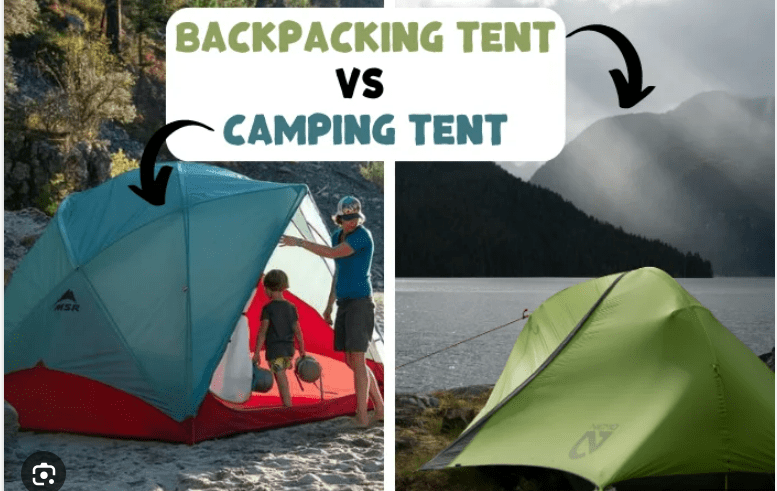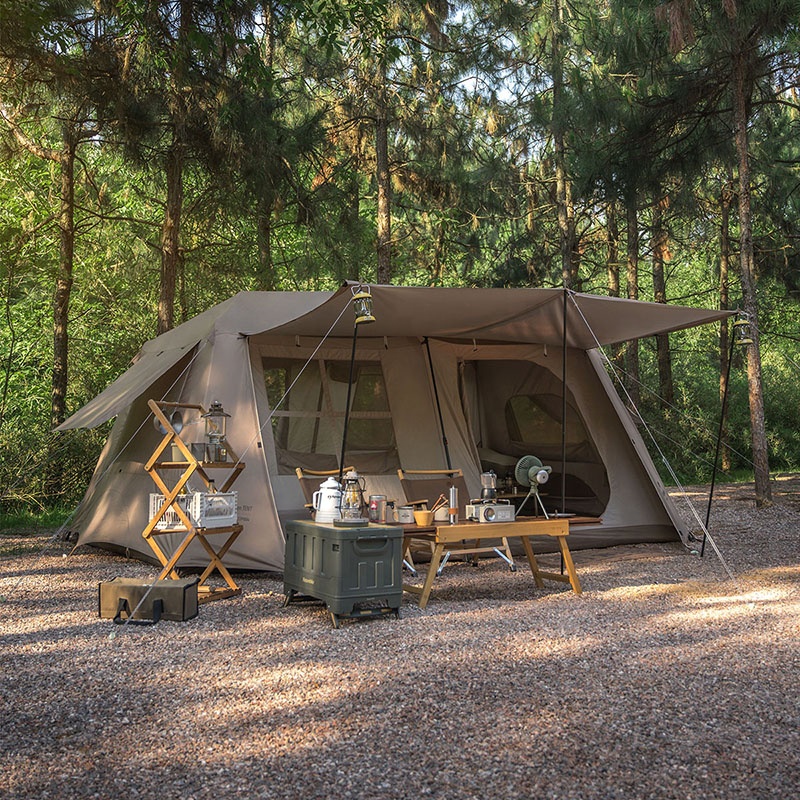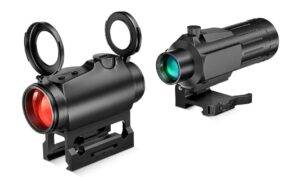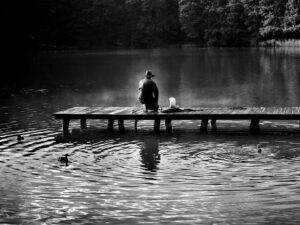
If you’re venturing into backpacking or camping, one of the critical decisions you’ll face is choosing the right tent. You may have come across the choice between a backpacking tent and a camping tent. So, what sets them apart, and which one is the best fit for your needs? Let’s explore the differences and help you make an informed decision.
Backpacking Tents:
Backpacking tents are designed for lightweight and easy portability, making them ideal for longer journeys where you need to carry your gear over extended distances.
Key Characteristics:
- Size and Weight: Backpacking tents are compact and lightweight, typically weighing less than 4 pounds, with some ultralight models as light as one pound. This makes them suitable for extended hikes.
- Materials: They often use ultralight materials like nylon or Dyneema, which can be more expensive but offer excellent durability.
- Capacity: Backpacking tents usually accommodate one to two people, with limited options for larger groups.
When to Use a Backpacking Tent:
- Long Hikes: Choose a backpacking tent when hiking several miles to your campsite, as their lightweight design eases the burden on your body and provides agility.
- Solo or Duo Camping: For solo or small group camping, a 1- or 2-person backpacking tent is sufficient and lighter than a camping tent.
Cost Considerations:
- Backpacking tents tend to be more expensive than camping tents due to their lightweight materials.
Camping Tents:
Camping tents are generally larger and offer more space and comfort. They are suitable for campers who can drive to their campsite or have short hikes to reach it.
Key Characteristics:
- Size and Weight: Camping tents are larger but can be heavier, sometimes exceeding 10 pounds, making them less suitable for long hikes.
- Materials: They may use heavier materials and larger tent poles, which can enhance sturdiness but add to the weight.
- Capacity: Camping tents come in various sizes, accommodating more people, even up to eight or more in some cases.
When to Use a Camping Tent:
- Campsite Access: Opt for a camping tent when you can easily drive to your campsite or have minimal hiking involved.
- Group Camping: Larger camping tents are suitable for accommodating multiple campers comfortably.
Cost Considerations:
- Camping tents are often more budget-friendly than backpacking tents, making them a cost-effective choice.
Common Tent Styles:
- Dome: A common tent style suitable for both camping and backpacking.
- A-Frame: An older tent style shaped like an “A.”
- Tunnel: Ideal for larger groups, shaped like a tunnel.
- Pop-Up: Known for easy setup but less wind-resistant.
- Walled: Offers more height and comfort, suitable for longer stays.
- Backpacking: Compact and lightweight versions of other tent styles.

What to Consider When Buying a Backpacking Tent:
- Capacity: Choose a size that matches your regular camping group.
- Material: Consider the durability and weight of the tent material.
- Dimensions: Read tent dimensions carefully to ensure sufficient space.
What to Consider When Buying a Camping Tent:
When you’re in the market for a camping tent, it’s essential to take various factors into account to ensure you select the right one for your needs.
Features: Camping tents come with a wide range of features, so it’s important to determine what you need for your camping style. Some tents offer luxurious amenities like windows, room dividers, awnings, and screened porches, while others provide a simple shelter from bugs and rain. Your choice should align with your comfort preferences, but remember that more features often come with a higher price tag.
Capacity: Consider the number of people who will be using the tent regularly. If you’re buying a camping tent for your family, opt for one large enough to accommodate everyone comfortably. Conversely, if you’re a solo camper or traveling with just a few people, you might prefer a smaller, more compact tent. Select a tent with a capacity that suits your specific needs and camping group.
Seasons: Pay attention to the tent’s season rating, which indicates the types of weather conditions it can handle. Just like with backpacking tents, consider the seasons you plan to camp in. In most cases, a 3-season tent will suffice, providing adequate protection for spring, summer, and fall camping. However, if you anticipate camping in extreme winter weather, you may need a specialized winter tent designed for frigid conditions.








